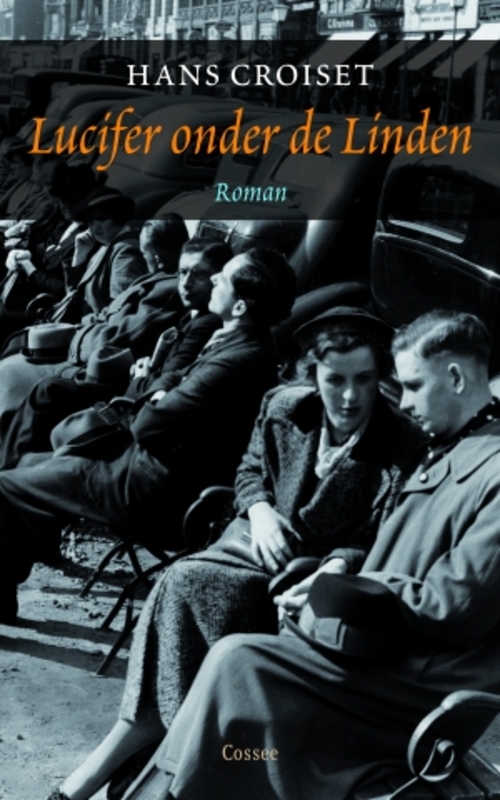
Twenty-four year old actor Moritz Ackerman travels to Berlin in November 1935 for a few days to dub a Dutch movie. Just recently married and upon his arrival his son is born. But the recession and the prospect of earning good money in Germany make him decide to leave his young family. Buying a German buggy should appease his wife with his absence.
Berlin is overwhelming. The constant waving of flags, the parades and in particular the suppression of the Jewish community suddenly make him cautious. In a Berlin studio two German ‘race experts’ show him that his face has all the signs of a true Aryan. Despite his Jewish origin.
Astounded by his easy acceptance of this characterization he is quickly forced to view rapidly changing Berlin through different eyes. But his new ‘identity’ gives him access to the high society. He falls madly in love with a German actress and manages to prolong his stay in Berlin by replacing the director of a performance of ‘Lucifer’.
And while few suspect the forthcoming catastrophe in 1935, de atmosphere is tense and the first political and moral dilemmas occur. Even more so for Moritz, whose rebellious interpretation of ‘Lucifer’ is banned.
‘Croiset uses dialogues to display his dilemmas. This way it becomes clear that for every argument there is a counterargument. And that self-interest is easy to disguise as wonderful ideals’
– Sonja de Jong in Noordhollands Dagblad ***
‘The strength of the book is in the sophisticated way that Joost van den Vondels play Lucifer is intertwined with the state of things in Berlin in 1936’
– Thijs Kramer in Den Haag Centraal
‘More than enough drama in this novel, that has been narrated from the father to this boy that has reached a respectable age himself in the meantime’
– Rein Swart in Literair Nederland
‘Croiset seems to be overwhelmed by this miraculous city [Berlin]’
– de Volkskrant ****